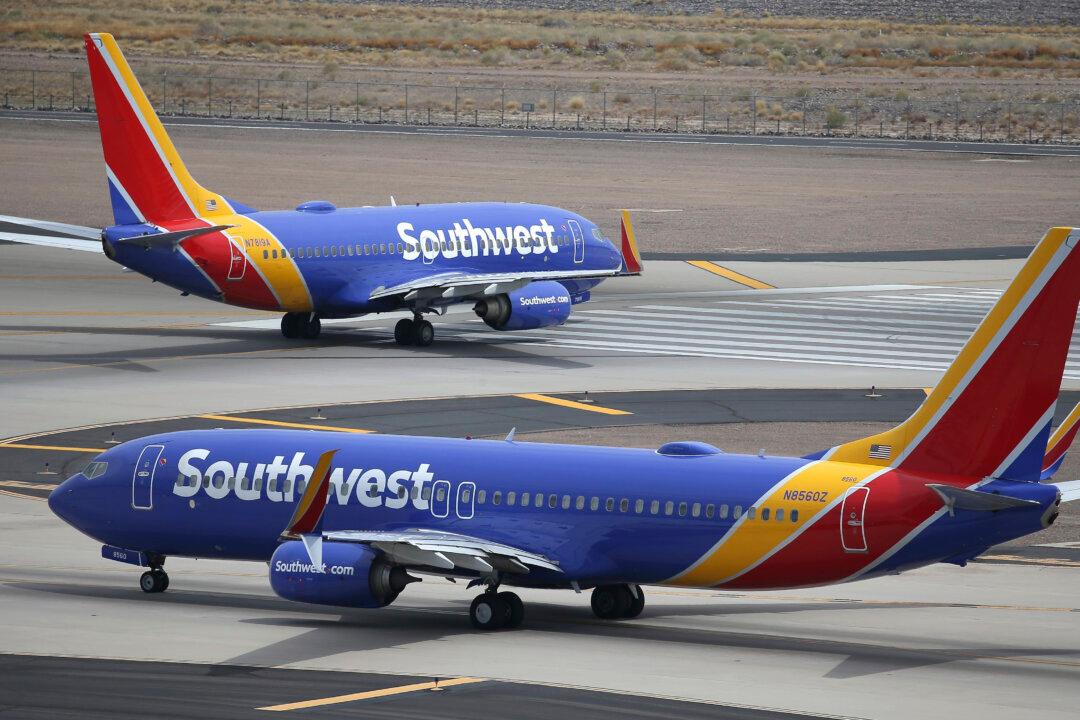Southwest Airlines CEO Gary Kelly said in a Sunday letter to employees that, for the time being, the carrier will not furlough any employees.
“We have no intention of seeking furloughs, layoffs, pay rate cuts, or benefits cuts through at least the end of this year,” Kelly wrote in the letter, in which he said Southwest has “scrambled” to cut spending and raise cash in response to reduced travel due to the CCP (Chinese Communist Party) virus pandemic.





